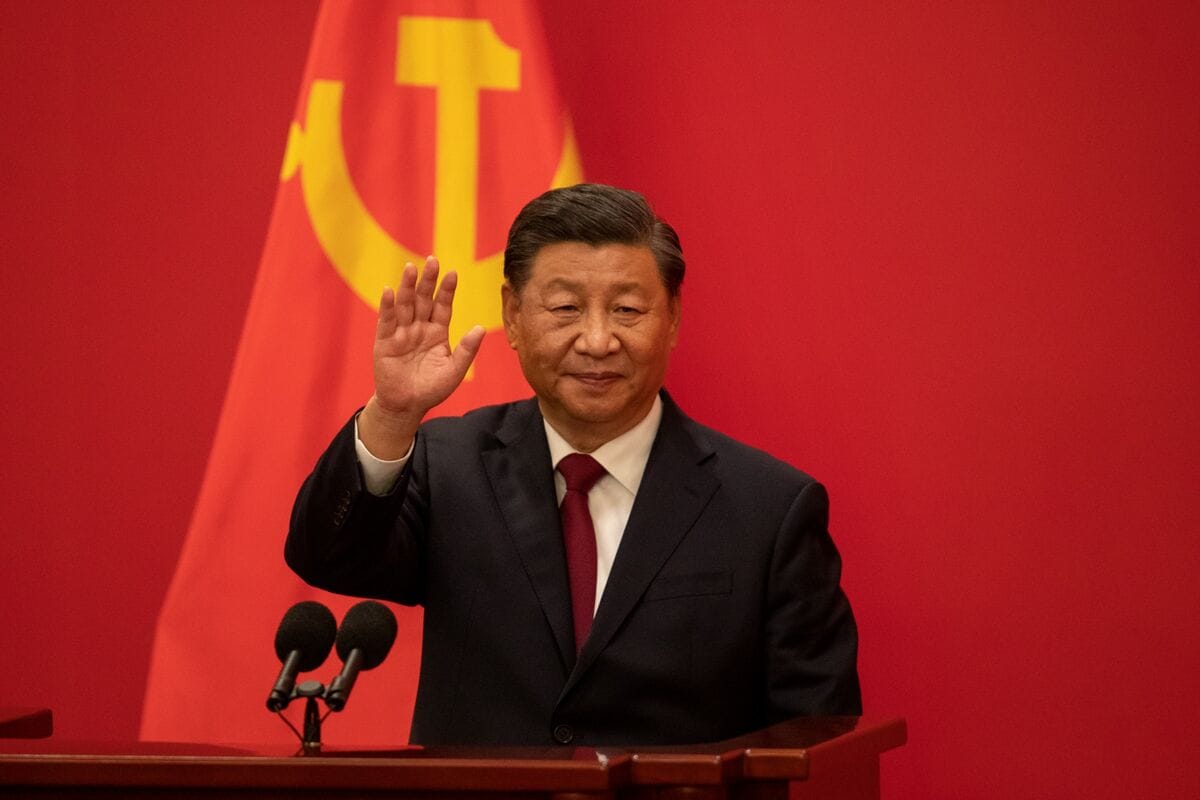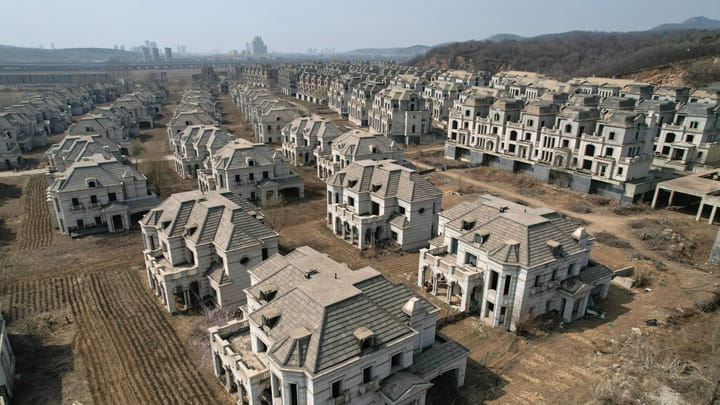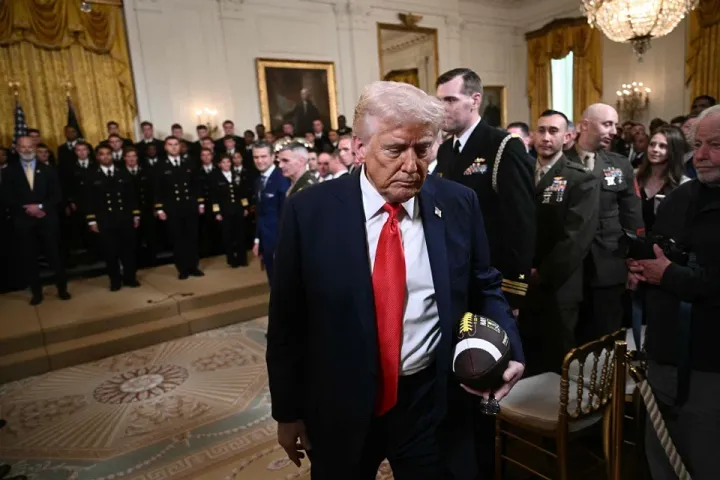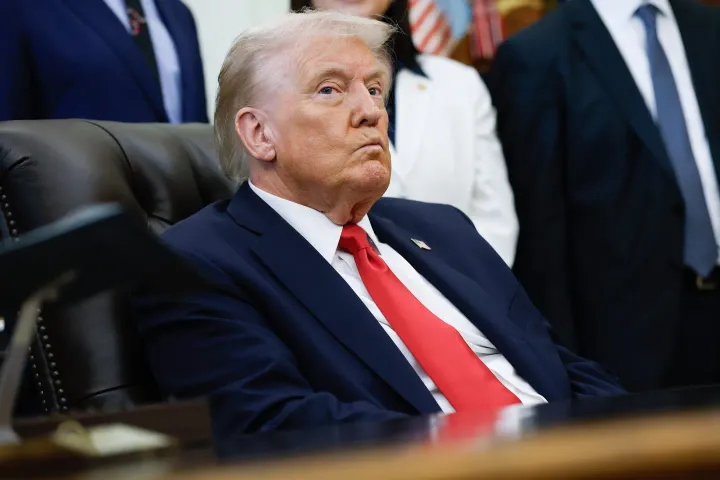Xi's Stimulus Package Faces Skepticism in Washington: A Cautious Response from Global Leaders

President Xi Jinping's recent economic stimulus measures have failed to win over global finance leaders at the International Monetary Fund (IMF) and World Bank meetings in Washington. Despite his ambitious plans, including rate cuts and increased support for the housing sector, the reactions from central bank governors and finance ministers were largely lukewarm.
A Lackluster Response
Gathered in Washington, top financial figures expressed skepticism about the effectiveness of China's stimulus efforts. U.S. Treasury Secretary Janet Yellen criticized the measures for not addressing fundamental issues such as overcapacity and weak domestic demand. "I haven’t really heard policy announcements on the Chinese side to address that in the way that I was hoping," she stated, emphasizing the need for steps to encourage consumer spending as a way to rebalance China's economy.
IMF Managing Director Kristalina Georgieva echoed this sentiment, warning that without significant reforms to boost domestic consumption, China's annual growth could plunge to "way below" 4% in the coming years. Brazilian Finance Minister Fernando Haddad also conveyed concerns about the uncertainty surrounding the new stimulus measures.
Conversations Behind Closed Doors
Amid the discussions, there was palpable curiosity about the size and impact of China’s “bazooka”—a term used to describe potential large-scale economic interventions. One senior central banker noted that conversations centered around the weakening state of the Chinese economy and the effectiveness of its stimulus strategies.
Notably, senior Chinese officials, including Vice Finance Minister Liao Min, were present but refrained from making public statements, which was unusual given the significance of the meeting. Analysts speculated that this silence reflected a strategic decision to manage expectations regarding upcoming fiscal policies.
Waiting for Clarity
Investors are particularly anxious for clarity on China's fiscal plans, especially as the country’s top legislative body is expected to rubber-stamp significant borrowing measures in the coming weeks. However, without a set date for this conclave, uncertainty prevails. "They’re being cautious about dominating the agenda with a stimulus that people are doubtful about," remarked Alicia Garcia Herrero, Asia Pacific chief economist at Natixis SA.
Raghuram Rajan, former governor of the Reserve Bank of India, suggested that Beijing might be waiting to gauge the results of the upcoming U.S. elections before committing to a substantial economic response. If Donald Trump wins, he has vowed to impose tariffs that could drastically impact trade between the U.S. and China, potentially prompting a stronger stimulus response from Beijing.
Balancing Act
Despite the challenges, some analysts have noted a positive response to recent stimulus announcements, with several Wall Street banks raising their growth forecasts for China. However, these measures have not been seen as comprehensive enough to address the pressing issues at hand.
Haibin Zhu, chief China economist at JPMorgan Chase, remarked that Xi is likely to continue prioritizing advanced manufacturing as a driver for growth, a strategy that may alienate trade partners facing the repercussions of China's competitive practices. Germany’s Finance Minister Christian Lindner criticized these policies, suggesting that China is attempting to manipulate the international order to bolster its own position.
The Path Ahead
As discussions continue behind closed doors, the global community remains keenly interested in China's economic trajectory. "Everyone is absolutely interested in learning about the details of China’s plans," said Brad Setser, a senior fellow at the Council on Foreign Relations. The effectiveness of these plans could determine not only China's growth but also its relationship with the rest of the world.
China’s approach to stimulating its economy is under scrutiny as global leaders call for more transparency and actionable measures to ensure sustainable growth. With significant uncertainties looming, the international community watches closely, hoping for clarity and decisive actions from Beijing in the near future.



